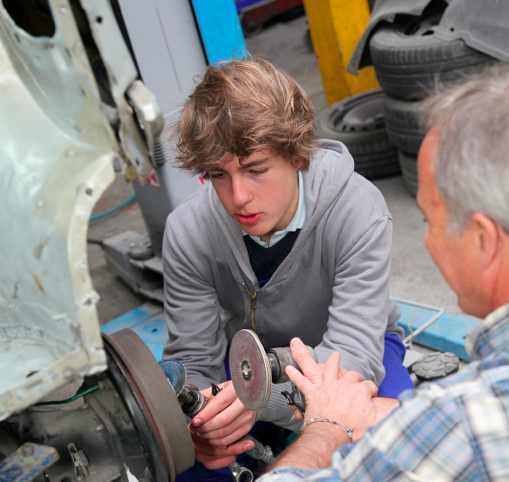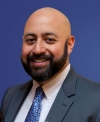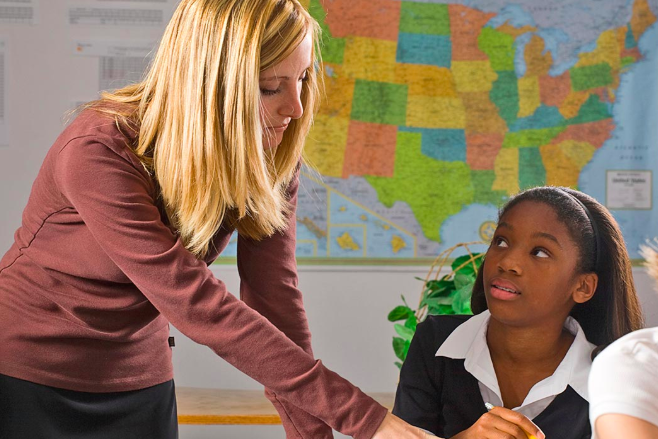Practice Corner: What is the role of natural mentoring?
As an advocate for quality-based mentoring that includes evidence based practices and strategies, I continue to be faced with the question of what role does informal mentoring or natural mentoring relationships have at our table. Time and time again, programs are faced with the need to recruit more caring adults to match with youth in need and programs are always looking to have an effectively managed program model that is not only structured but operates to reach the best outcomes possible. But in many communities where formal mentoring either does not exist or where the capacity of those formal programs prevents the need from being met, many questions are raised about the role that the informal mentoring that is happening in youth development programs or other youth serving agencies play in our work. More and more community partners and schools look to these less formalized programs to bring needed services and resources into the community. Furthermore, research continues to suggest that the natural mentors that exist in the lives of young people can and should be leveraged and supported to maximize the benefits that can come with that relationship.
Especially in communities of color, we continue to hear the need for more adult mentors of color to work with formal programs while many of them may already exist in the life of young person in need in an informal way. All of this is to say that the mentoring movement that we all are a part of must figure out how to support the informal mentoring that is already happening and discover new ways strengthen it and connect it to our formal efforts. As practioners it can be easy to dismiss “mentoring like” efforts by other youth providers or agencies providing direct service to youth as something that falls short of actually providing mentoring to those youth in need. But we must look at what those agencies are doing that is working and that is bringing caring adults into the lives of young people and figure out how to support it and leverage it. As a partnership that works with over 200 different mentoring programs across Massachusetts, we see incredibly effective, highly formal mentoring programs making a big difference in the lives of youth. But we also see powerful youth development programs and services that are meeting important needs of young people as well as bringing caring and consistent adults into their lives. The opportunity that exists to collaborate, resource share and create connections that can be leveraged to strengthen our communities cannot be dismissed. There is a role for informal mentoring and the need to leverage the natural mentors that exist in a young persons’ life to continue to shape our efforts and grow them. From funders to schools, from families to other community institutions, our stakeholders are asking for us to do more to make these connections and continue to advance our movement to ensure that every young person has a caring, consistent and supported adult in their life. It’s a movement that must have everyone at the table.











